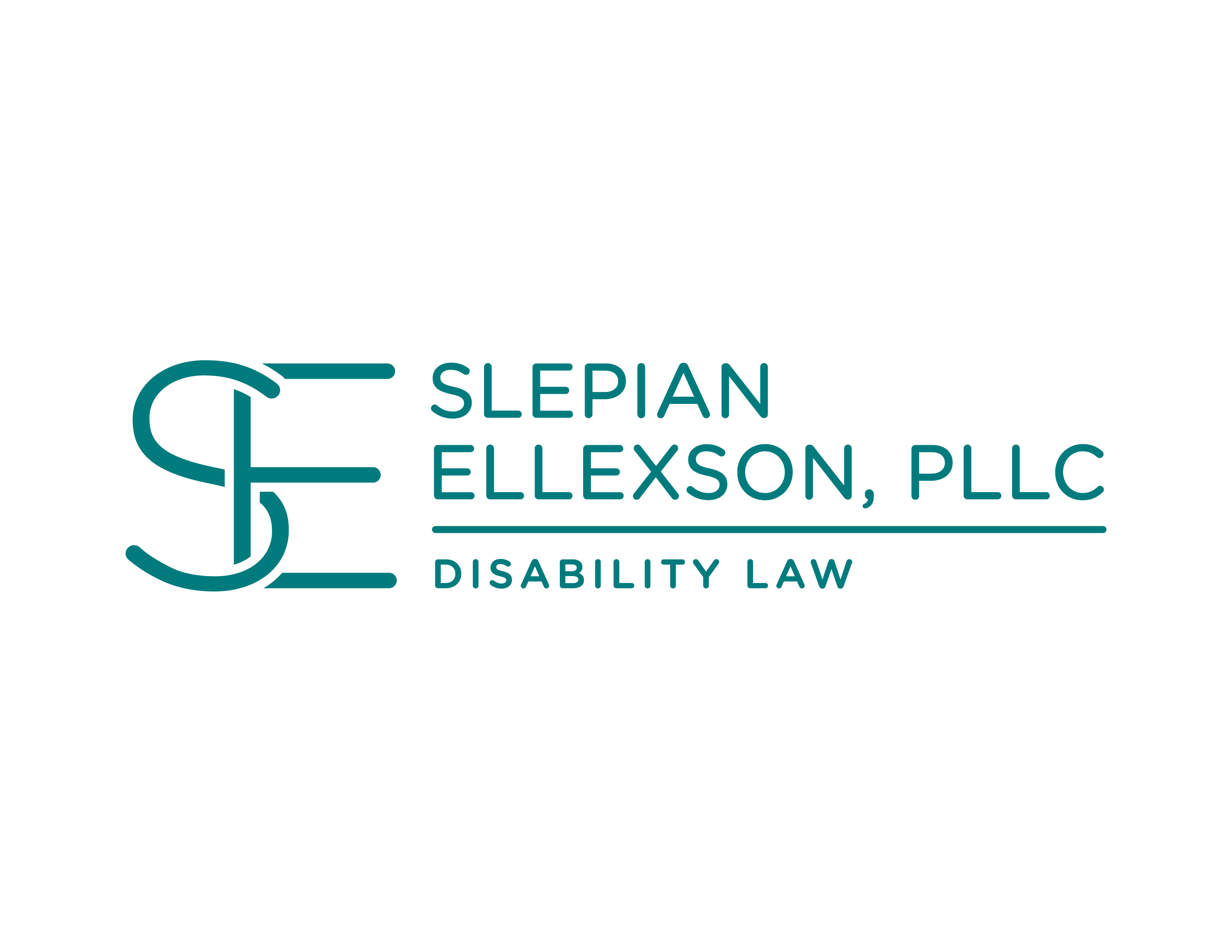Disabling effects of stroke can qualify the victim for SSDI
Published on February 7th, 2020 by Eric Slepian
During a stroke, the symptoms can be confusing and severe, followed by grave concern for the long-term effects and how they will impact the person’s ability to live – and work. When aftereffects prevent work, the person should look seriously at whether they qualify for Social Security Disability Insurance or Supplemental Security Income.
These are federal government programs to help people who are unable to work because of disability. SSDI is a public disability insurance program that people pay into through their Social Security payroll deductions, while SSI is an anti-poverty program for which disability is one way to qualify for people with low income and few assets.
Anatomy of a stroke
Mayo Clinic provides a detailed explanation of a stroke and what symptoms may follow, sometimes permanently. Severity can vary widely, from invisible or very mild all the way to a devastating medical event causing permanent brain damage or paralysis and sometimes death. Severity depends on where the brain damage occurred and how many cells were affected.
Some people have “ministrokes” that do not cause permanent damage.
Blockage or slowing of blood supply into the brain causes stroke and prevents the inflow of oxygen, causing brain cell death. The faster treatment begins, the better the outcome, in most cases. Anyone experiencing or observing signs of stroke in another person, such as trouble speaking, drooping on one side of the face or inability to raise only one arm, should immediately call emergency services.
Treatment can include medication and surgery, often followed by many kinds of therapies, depending on the patient. Long-term rehabilitation may be necessary.
Stroke symptoms and work
Some symptoms from stroke that may restrict the ability to perform work activities include:
- Memory loss and trouble with thinking and understanding
- Speech impairments, both speaking and understanding
- Difficulty with reading or writing
- Paralysis or loss of use of muscles
- Depression or intense emotion
- Pain or “unusual sensations”
- Fatigue and low stamina
Strokes and Social Security Disability
When a stroke victim files an SSDI or SSI application, the Social Security Administration, called the SSA, will look at whether the claimant meets the federal definition of disability. Eligibility depends on whether the claimant has a severe medical impairment or combination of impairments expected to last at least a year or result in death and that prevents the claimant from working.



